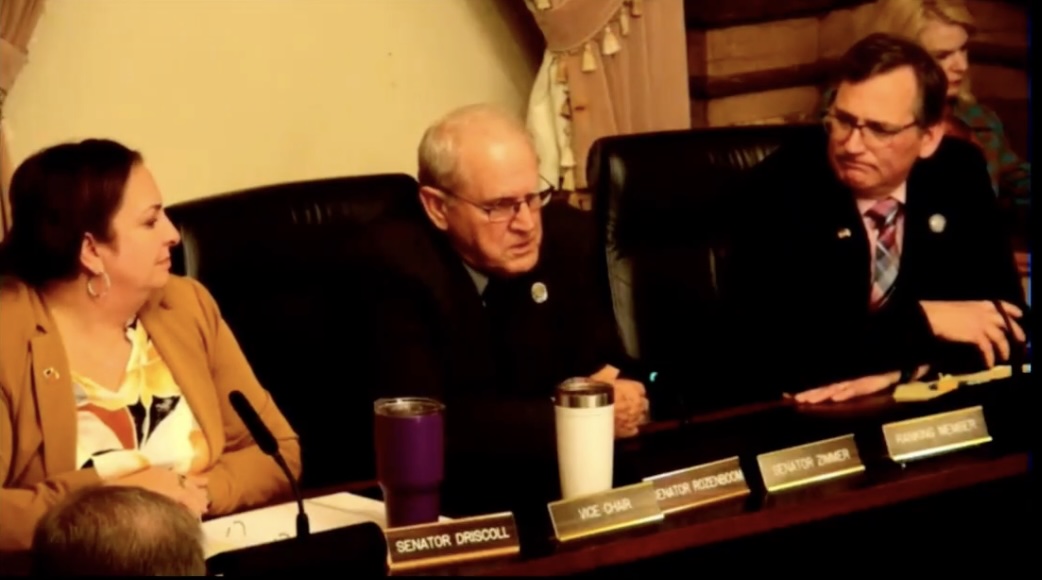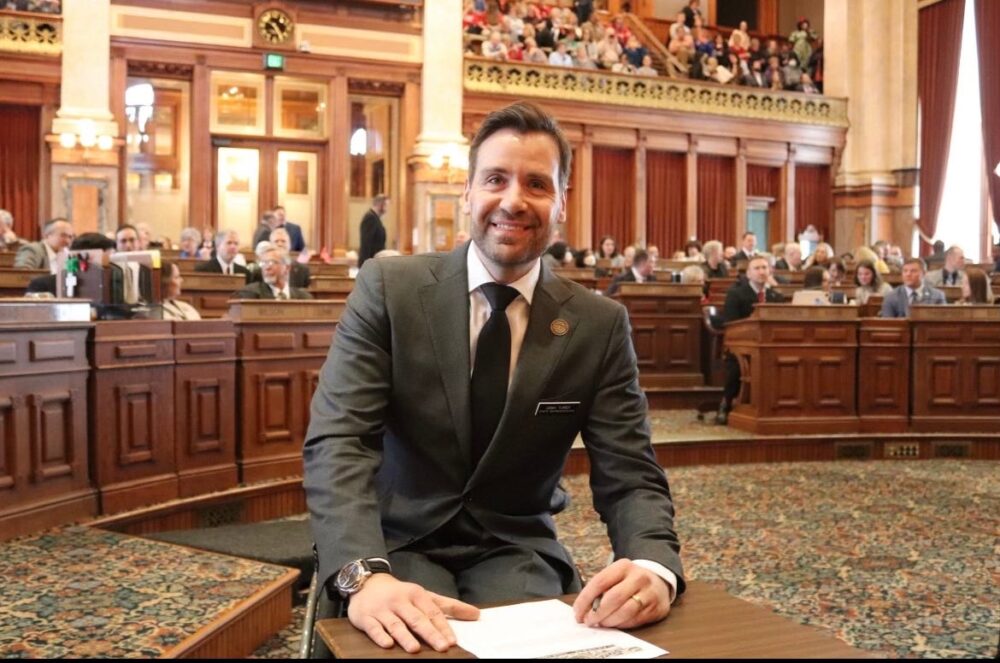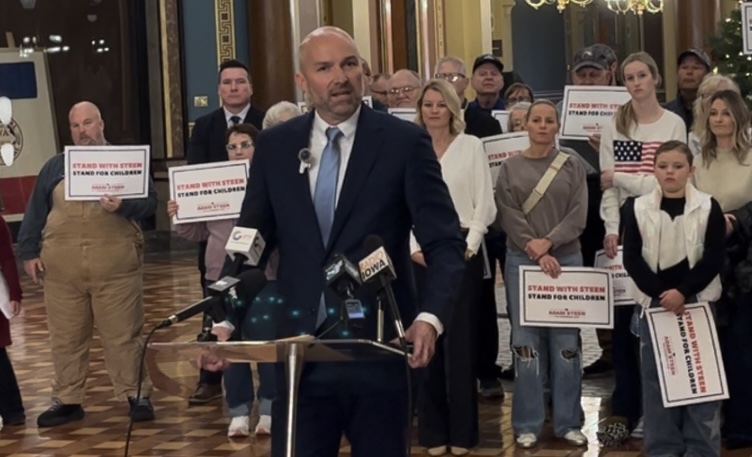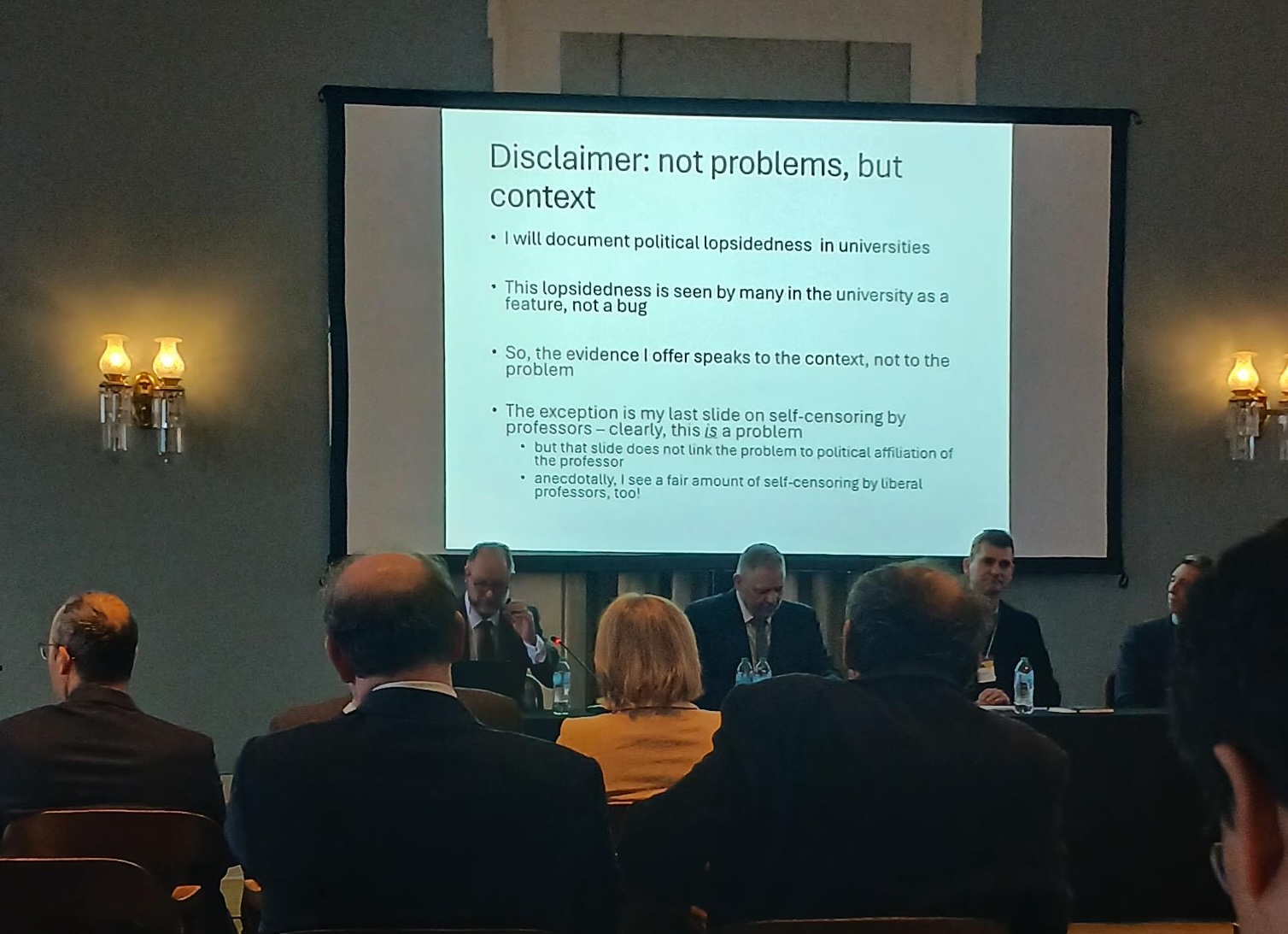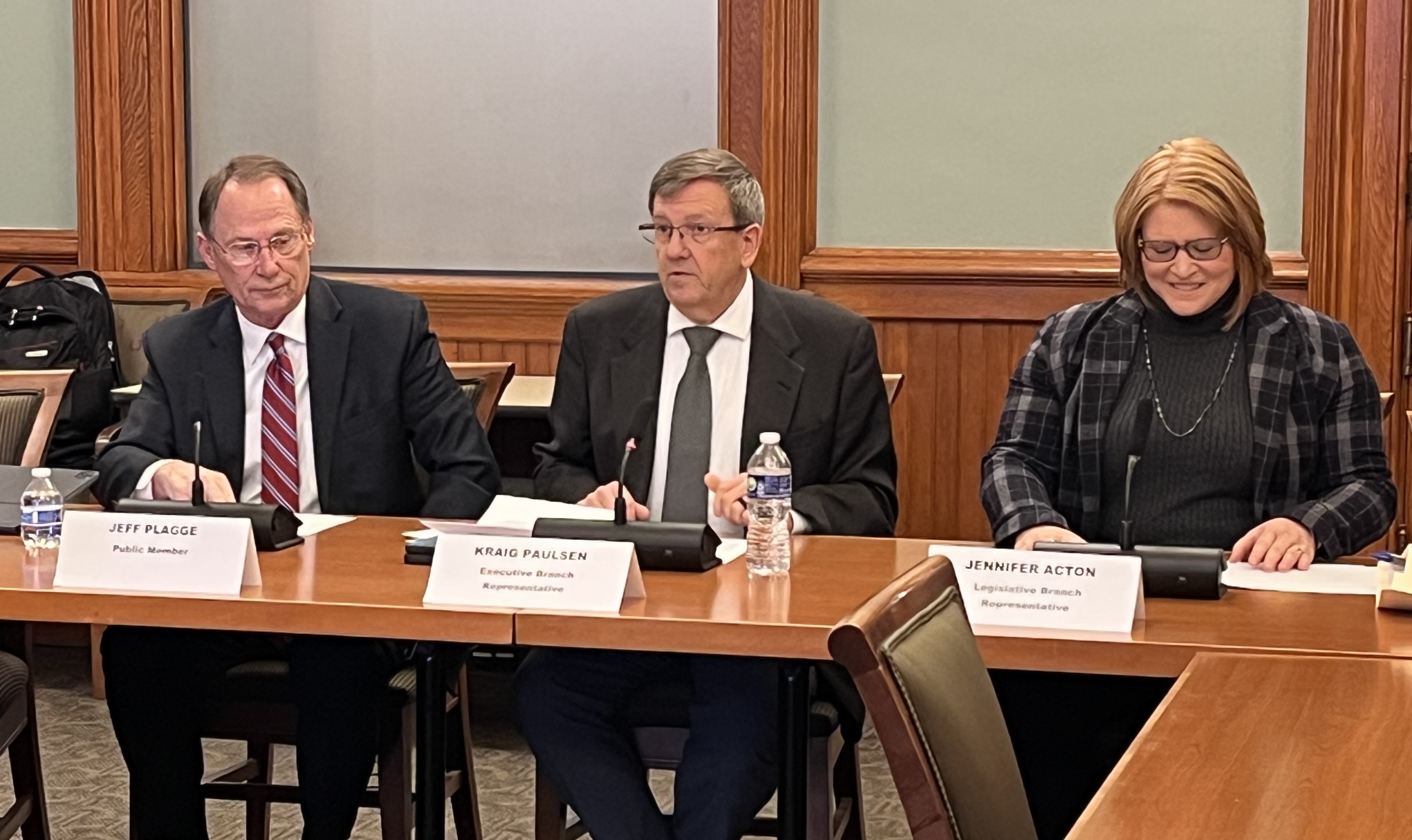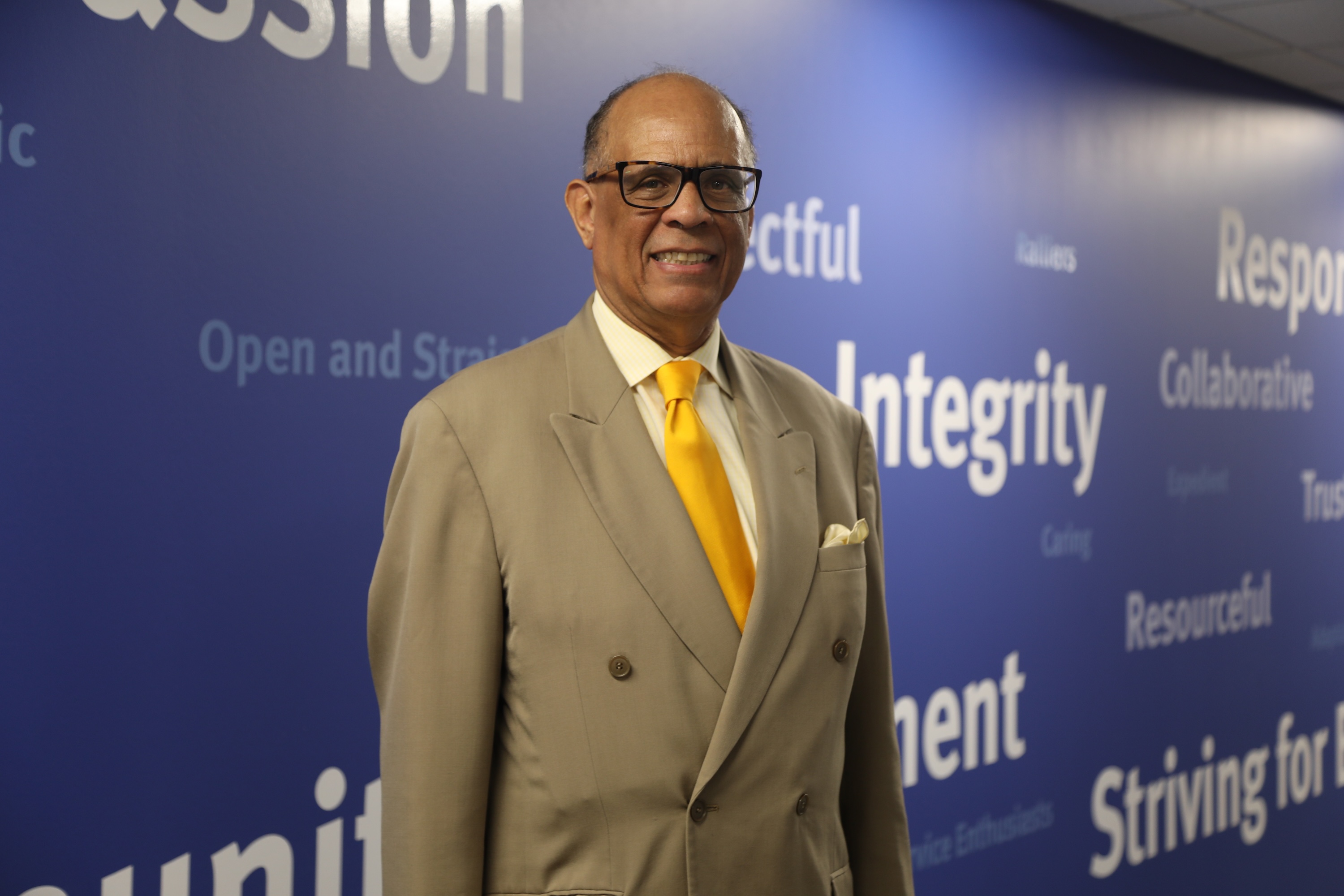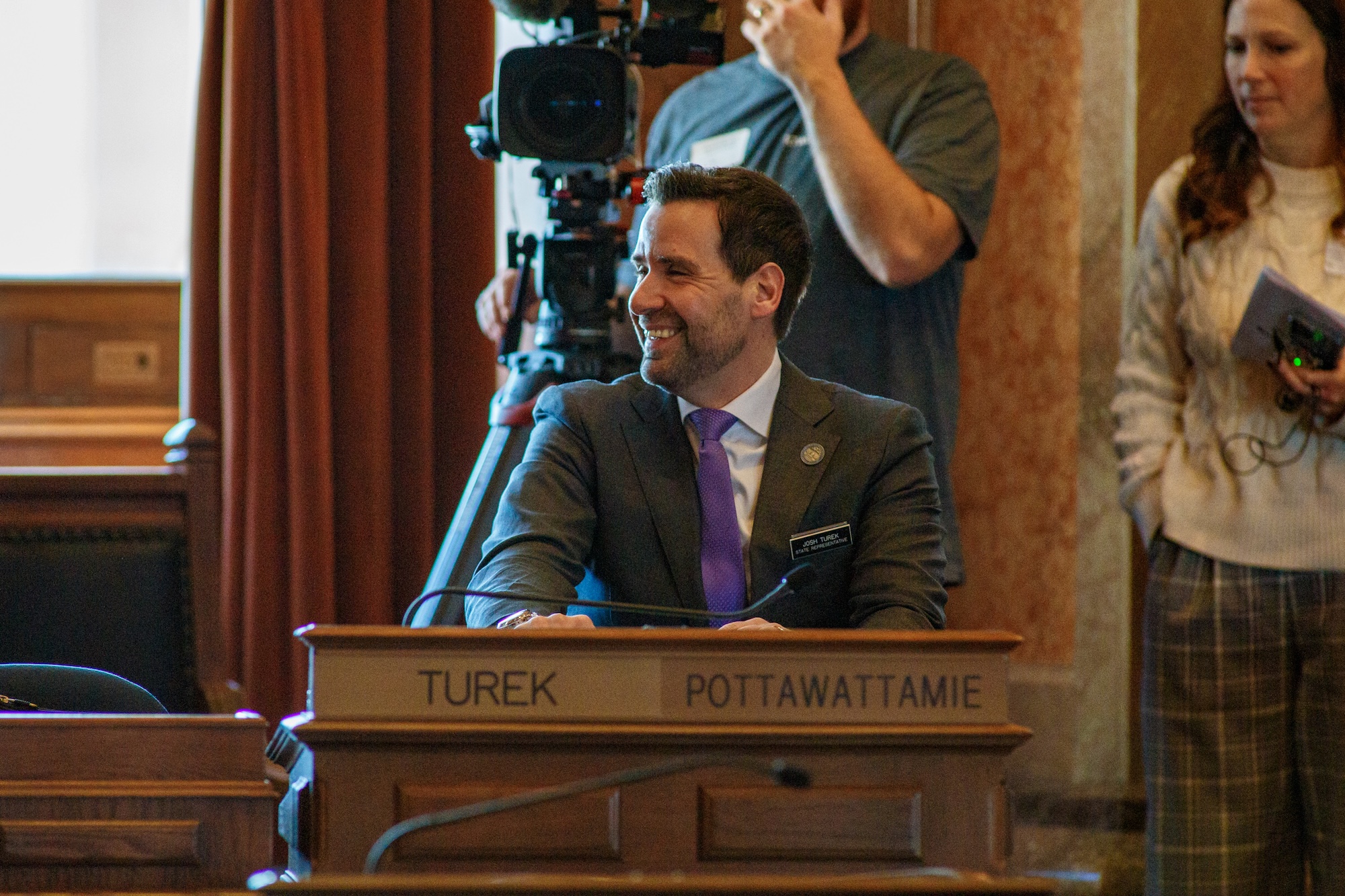Julie Stauch is a fifth-generation Iowan and lifelong problem-solver running to be Iowa’s next governor. Learn more about her campaign at www.juliestauchforalliowans.com.
Gubernatorial candidate Julie Stauch issues a letter to all Iowans:
This is not a typical press release. But this is not a typical time. On Saturday evening I stood outside on my front porch at exactly 7 o’clock. Around the entire nation, and perhaps the entire world, thousands stood outside on their porches, with candles and flashlights, to acknowledge the inhumane horror that took place on the streets of Minneapolis that morning. My Minnesota neighbor was murdered by our own federal government.
I have rarely felt such anger as I have this past week, nor as much shame and sadness. To my fellow Iowans and our neighbors across the country who are also sitting with the memories of Renee Good and Alex Pretti, I am here for you. And to my neighbors who were not aware of the atrocity committed by ICE agents or are choosing to look away, I am here for you, too.
I invite you to join me at this moment. This is the last straw. Alex Pretti was a nurse with the Department of Veterans Affairs. He was a federal worker exercising his First Amendment right to freedom of speech.
Continue Reading...





